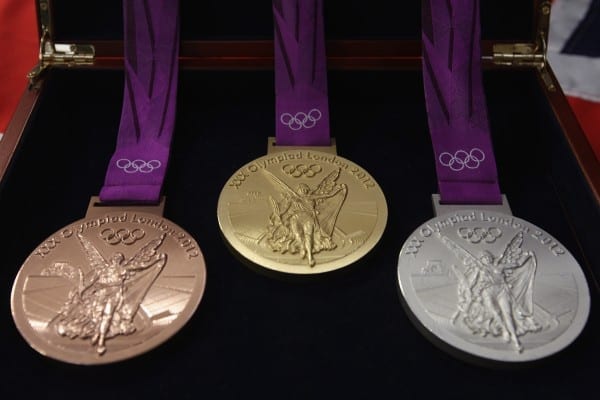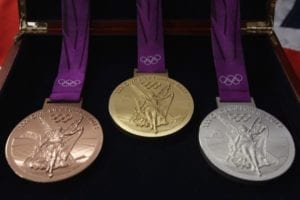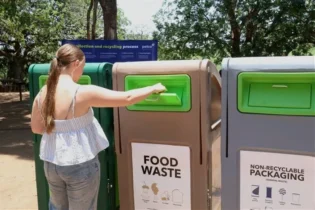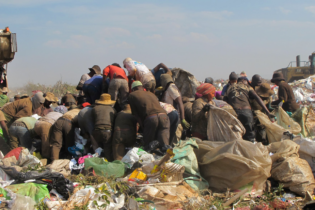
Gold, silver and bronze Olympic medals will be made from old electronics foe the 2020 Tokyo Olympics and Paralympics. Picture: Supplied.
E-waste recycling using reverse logistics
Discarded consumer electronics such as smartphones and tablets contain small amounts of precious and rare earth metals. This includes platinum, palladium, gold, silver, lithium, cobalt and nickel. In the case of re-using metals, a process of reverse logistics is gaining popularity. Reverse logistics has the potential to become a new buzz word in the recycling community as its process can generate a generous income from reducing waste, to maximising resources and generating income from new products.According to online journal, Environmental Leader, the reverse logistics process requires the manufacturer to encourage the product’s return — either for repair or resale, or, if those scenarios aren’t viable, then for recycling and reuse of its parts in future products — at the end of the product’s life.
In the case of the 2020 Olympic and Paralympic medals, discarded electronics and industrial scraps will be collected or bought by recycling companies and chemical processes will be used to separate the different metals which will be used to mould the gold, silver and bronze medals.






